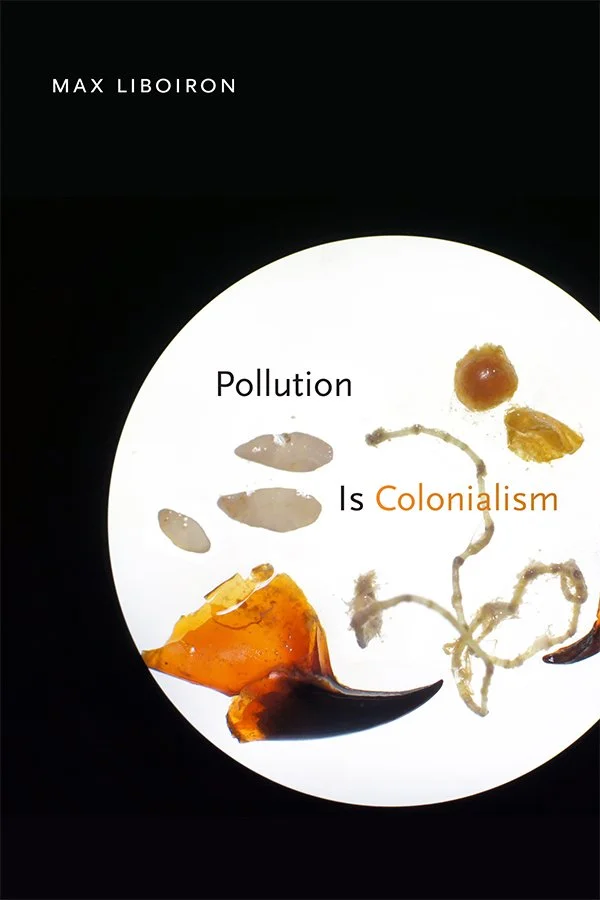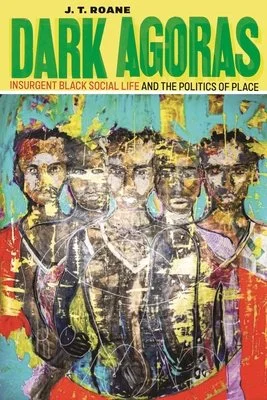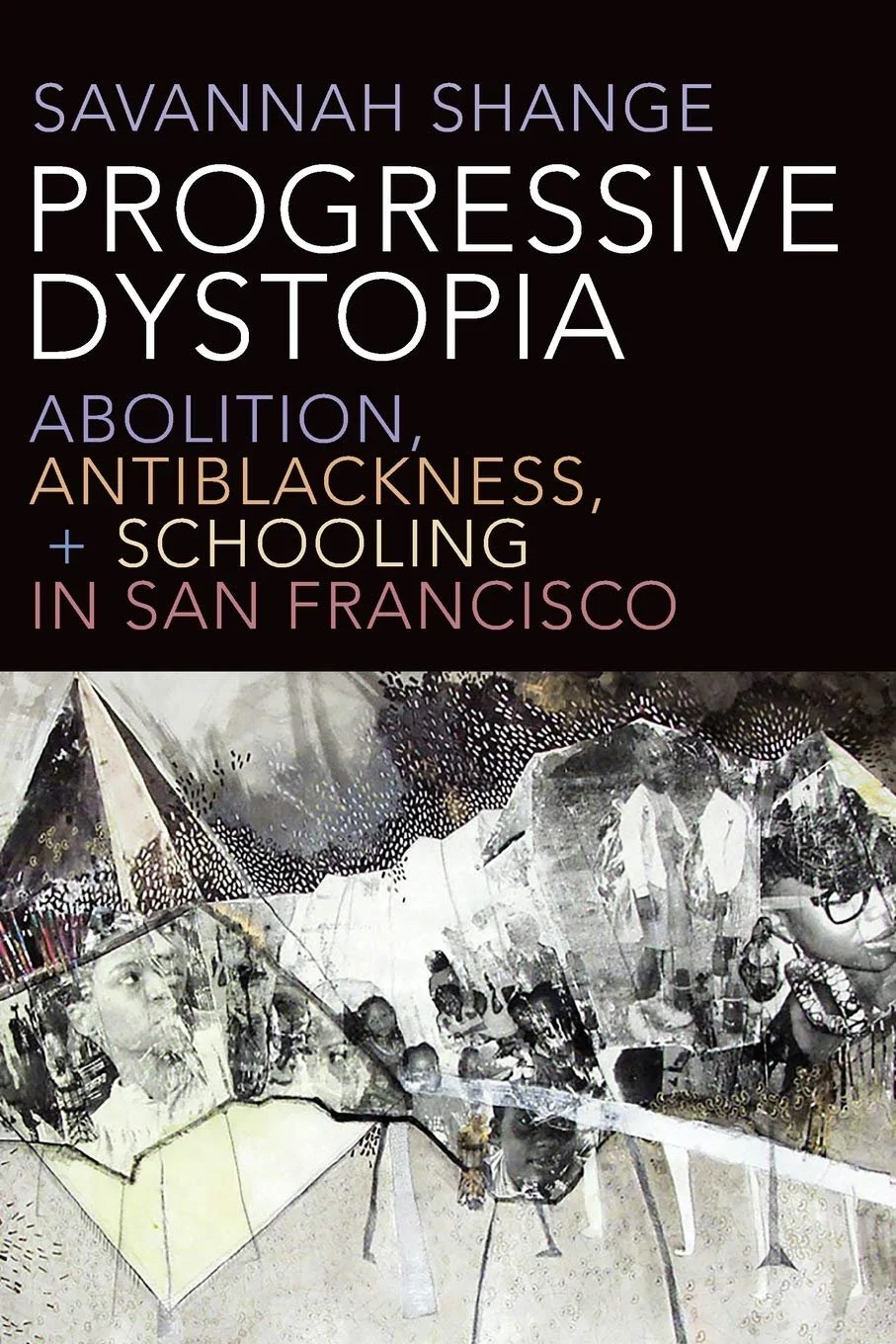Pollution Is Colonialism by Max Liboiron
Liboiron calls attention to the ways in which even well-intentioned environmental science often works in service of colonialism by reproducing the extractive ontology and practices of the corrosive industries and actors that environmentalism usually stands against. As a corrective, they also reflect on their inspiring work in the Civic Laboratory for Environmental Action Research (CLEAR) in Newfoundland to theorize anti-colonial modes of scientific praxis. This book is a truly important contribution to science and technology studies.
Dark Agoras: Insurgent Black Social Life and the Politics of Place by J.T. Roane
Roane brilliantly documents and theorizes the spatiality of working-class Black resistance in twentieth century Philadelphia. Centering his analysis on a range or urban sites—from taverns to storefronts to street corners—he illuminates the formation of an insurgent “Black queer urbanism.”
Progressive Dystopia: Abolition, Antiblackness, + Schooling in San Francisco, Duke University Press, 2019
Progressive Dystopia by Savannah Shange
Ethnographically rich and theoretically insightful, Shange brings to light the contradictions of antiracist liberalism in the contemporary carceral state through a searing portrait of a “progressive” Black and Latinx public school in San Francisco. A timely read, the book offers a conceptual framework, “progressive dystopia,” that is, in my estimation, widely applicable to many facets of contemporary US society.
Becoming Human: Matter and Meaning in an Antiblack World, NYU Press, 2020
Becoming Human by Zakiyyah Iman Jackson
Zakiyah Iman Jackson’s Becoming Human incisively brings black studies in conversation with posthuman scholarship to reimagine the interrelations of blackness and animality. Illuminating the troubling inattention to race in work that seeks to challenge the category of the human, Jackson theorizes the “ontological plasticity” of blackness, that is, the transgressive capacity of black life to upend the human/animal dyad that often guides structural racism and antiracist discourse and practice. Groundbreaking in its scope, Becoming Human explores works by a range of seminal black artists and scholars including Toni Morrison, Audre Lorde, Octavia Butler, and Wangechi Mutu, among others, to offer new insights into the various human/nonhuman divides that have historically constituted both blackness and antiblackness. Admittedly, the text is at-times quite dense and repetitive, but Jackson’s piercing insights and beautiful prose easily kept me engaged and excited by the prospect of returning to this capacious masterpiece for years to come. I especially recommend this to anyone working with or interested in posthuman studies, broadly speaking (multi-species literature, OOO, new materialism etc), and of course anyone engaged in black studies.
Posted July 17, 2020
Testo Junkie: Sex, Drugs, and Biopolitics in The Pharmacopornographic Era by Paul B. Preciado
I finally got around to reading this masterpiece of a meditation on the entanglements of pharmaceuticals, porn, and biopolitical capitalism. Part treatise on gender in the “pharmacopornographic era” and part memoir of Preciado’s tumultuous and transgressive practice of taking hormones, Testo Junkie elucidates the complex workings of desire and capital as they operate through pharmaceutically altered bodies and different corporeal instantiations of gender, sex, and sexuality in the late twentieth and early twenty-first centuries. Building on the work of a range of notable scholars including Derrida, Foucault, and Butler, the book offers both a surprisingly palatable synthesis of contemporary theory and a deeply personal manifesto on how we can re-orient ourselves to the structures of power that make our bodies and lives legible. Rigorous in its historical analysis, heart wrenching in its autobiographical detail, and provocative in its theoretical thrust, Testo Junkie is nothing short of a contemporary classic.
Posted January 4, 2020
Duke University Press, 2017
Listening to Images by Tina M. Campt
This vivid, concise book invites us to more fully engage our sensorium in apprehending photographic renderings of black subjects. Campt beautifully offers new language for thinking through the frequencies of visual images and the aural registers of blackness across the African diaspora. I highly recommend this book for not only scholars of black, visual, or cultural studies, but also anyone concerned with the affectivity of race or interested in moving beyond normative understandings of the five senses.





